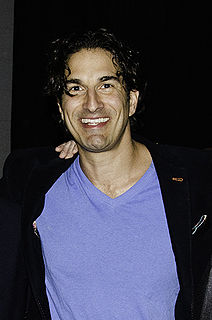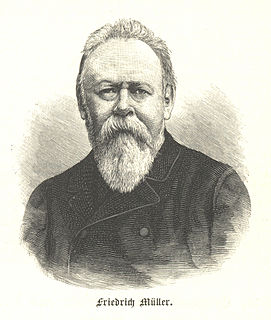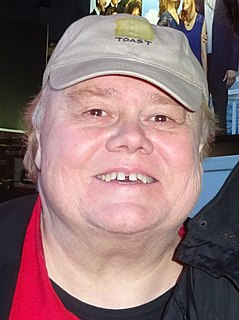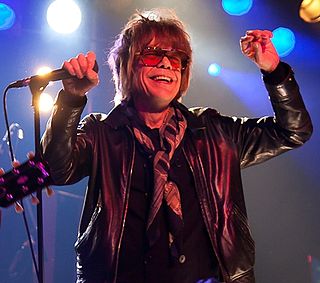A Quote by Henry David Thoreau
Why should we be startled by death? Life is a constant putting off of the mortal coil - coat, cuticle, flesh and bones, all old clothes.
Related Quotes
Do you know what Bill Gates has to pull out of an old coat, to feel like I did with a $20 bill? First of all, the idea that Bill Gates has an old coat is preposterous. If he has an old coat, it's the coat Abe Lincoln was shot in and he wears it as a bathrobe - no underwear by the way. He lets his billionaire balls swing willy-nilly beneath the death cloak of the great emancipator. That's your 1%.
Frankenstein feels like an ancient tale, the kind of traditional story that appears in many other forms. It appeals to something very primal, but it's also about profound things, the very nature of life and death and birth - about, essentially, a man who is resisting the most irresistible fact of all, that we will be shuffling off this mortal coil.
We are going to have bodies like Jesus did after He was resurrected. Each of us is going to have a new eternal, glorified body. It will actually be constructed as we are now, of flesh and bones - but eternal flesh and bones, incorruptible, immortal flesh and bones. It's going to be material, natural, recognizable, seeable and feelable.
How I saw in her my own true nature. What was beneath my skin. Inside my bones... Even though I was young, I could see the pain of the flesh and the worth of the pain. This is how a daughter honors her mother. It is shou so deep it is in your bones. The pain of the flesh is nothing. The pain you must forget. Because sometimes that is the only way to remember what is in your bones. You must peel off your skin, and that of your mother, and her mother before her. Until there is nothing. No scar, no skin, no flesh.
Who ever saw his old clothes, - his old coat, actually worn out, resolved into its primitive elements, so that it was not a deed of charity to bestow it on some poor boy, by him perchance to be bestowed on some poorer still, or shall we say richer, who could do with less? I say, beware of all enterprises that require new clothes, and not rather a new wearer of clothes.
It might be one thing to think about putting on a dress, but when you're actually putting on a dress, it's a weird thing, because you're going, "Huh. I'm putting on a dress. Do I leave my underwear on? Do I get some other underwear? Is there something special I should wear?" All that dumb stuff. I'd never had any interest in putting on my mom's clothes, except to think, "Well, they are nice clothes..."
I finally knew... why Christ's prayer in the garden could not be granted. He had been seeded and birthed into human flesh. He was one of us. Once He had become mortal, He could not become immortal except by dying. That He prayed the prayer at all showed how human He was. That He knew it could not be granted showed his divinity; that He prayed it anyhow showed His mortality, His mortal love of life that His death made immortal.


































